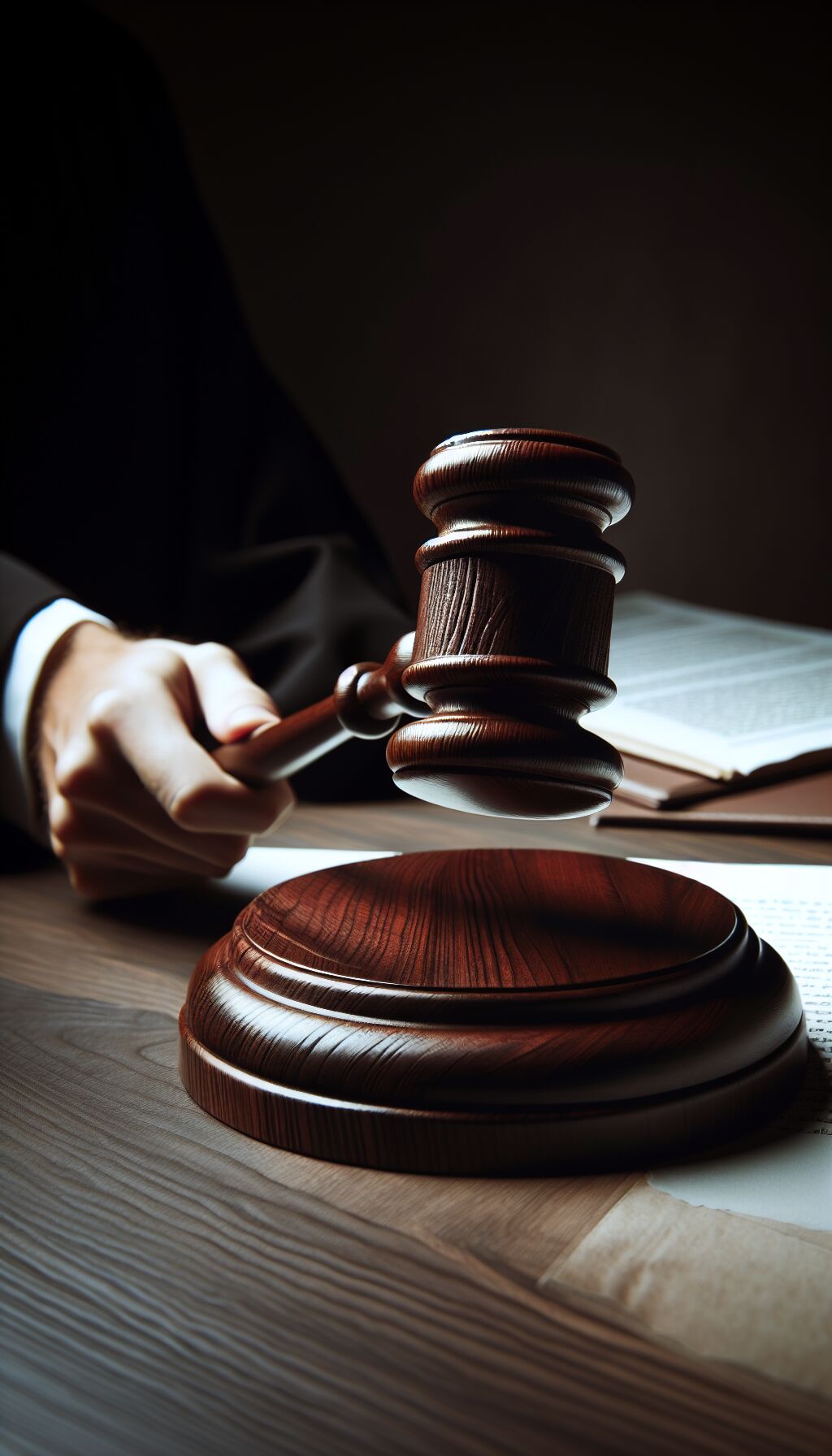Legal Challenge to Trump’s DEI Executive Orders Sparks Controversy
A coalition of diversity, equity, and inclusion (DEI) advocates and civil rights organizations has launched a federal lawsuit aimed at blocking a series of executive orders issued by former President Donald Trump. These orders are perceived by the plaintiffs as an attempt to dismantle DEI initiatives that promote merit and accessibility within American institutions.
The Lawsuit: A Response to Executive Orders
Earlier this month, key stakeholders from higher education, restaurant sectors, and the City of Baltimore came together to file a federal lawsuit against the Trump Administration. Legal representatives from the Democracy Forward organization described the lawsuit as a necessary pushback against Trump’s efforts, which they claim are aimed at “erasing” DEI from the U.S. landscape.
On the same day, a separate federal lawsuit emerged in the U.S. District Court for Washington, D.C., orchestrated by the NAACP Legal Defense Fund and Lambda Legal. This second complaint emphasizes the perceived constitutional violations resulting from Trump’s executive orders targeting DEI initiatives.
Claims and Legal Proceedings
In the Maryland federal court, plaintiffs argued for injunctive relief concerning Trump’s Executive Order titled “Ending Radical Government DEI Programs.” Specifically, they requested U.S. District Judge Adam Abelson to impose a temporary restraining order to pause any actions related to the executive orders. During a session on Wednesday, Abelson conducted a thorough examination of the Justice Department’s position on the matter.
Justice Department attorney Pardis Gheibi defended the administration’s executive actions, suggesting that it would be unprecedented for the judiciary to prevent the president from directing the Attorney General on DEI-related issues. He labeled the notion that the judicial branch could intervene in such presidential directives as a “remarkable proposition.”
However, the issue at hand is not merely about presidential powers. Plaintiffs contended that the orders infringe upon constitutional limits, especially when they result in the termination of legally mandated DEI programs. Aleshadye Getachew, representing the plaintiffs, emphasized the “chilling” effect these orders have had on First Amendment rights, stating that the implications of the executive orders on free speech and expression are immediately evident.
Judge’s Perspective
During the hearing, Judge Abelson appeared sympathetic to the plaintiffs’ concerns. He acknowledged their claims regarding the adverse impact of the orders on free expression, remarking that their voices and “engagement in speech” relating to inclusivity and historical context have been dampened.
While Abelson did not issue an immediate ruling to halt the executive orders, he vowed to give thoughtful consideration to the arguments presented by both sides and aimed to expedite the decision-making process.
Expanded Lawsuit in D.C.
In a parallel development, the newly filed lawsuit in D.C. cites broader constitutional concerns, alleging that Trump’s executive orders violate the First and Fifth Amendments. The complaint outlines several specific executive actions, including “Ending Radical and Wasteful DEI Programs and Preferencing,” along with initiatives aimed at defining gender ideologies and restoring merit-based opportunities.
The plaintiffs’ legal approach asserts that Trump’s regime is leveraging federal power to systematically undermine DEI principles, which would disproportionately affect marginalized communities, including people of color, women, and LGBTQ individuals. The argument posits that the elimination of these programs under the guise of promoting merit is steeped in discriminatory practices.
The Context: Nationwide Racial Justice Movements
Reference to the nationwide protests following George Floyd’s death in May 2020 provides crucial context for this legal battle. Many believe Trump’s administration’s reaction to these movements has been to stifle progress towards racial justice, particularly through curtailing DEI initiatives.
The plaintiffs argue that Trump’s rhetoric surrounding merit perpetuates harmful stereotypes suggesting that marginalized groups are inherently less qualified despite their actual accomplishments. This narrative, they argue, reinforces historical biases that have long hindered equality in opportunities.
Administration’s Response
In the face of these lawsuits, the Trump Administration has characterized them as a facet of the broader “resistance” movement from the left. White House spokesman Harrison Fields remarked that the administration stands ready to confront the legal challenges head-on, framing it as a crucial battle against what he terms “radical leftist efforts” aimed at obstructing change.
Fields stated, “Radical leftists can either choose to swim against the tide and reject the overwhelming will of the people, or they can work with President Trump to advance his popular agenda.” This statement encapsulates the administration’s resolve to push forward with its policies despite legal pushback.
The Broader Implications
This legal tussle over DEI policies encapsulates a much larger national conversation about race, equity, and the role of government in addressing systemic hurdles faced by marginalized communities. As the lawsuits unfold, they will not only shape the future of DEI initiatives but could also set vital precedents for the balance of power between the executive branch and constitutional protections.
Conclusion
The outcomes of these lawsuits will likely reverberate across various sectors, particularly in education and public service, where DEI programs have taken root as vital components to bolster inclusivity. The ongoing discussion surrounding these executive orders highlights the complexities of governance and the profound societal implications of policy decisions that champion or challenge equity in America.










